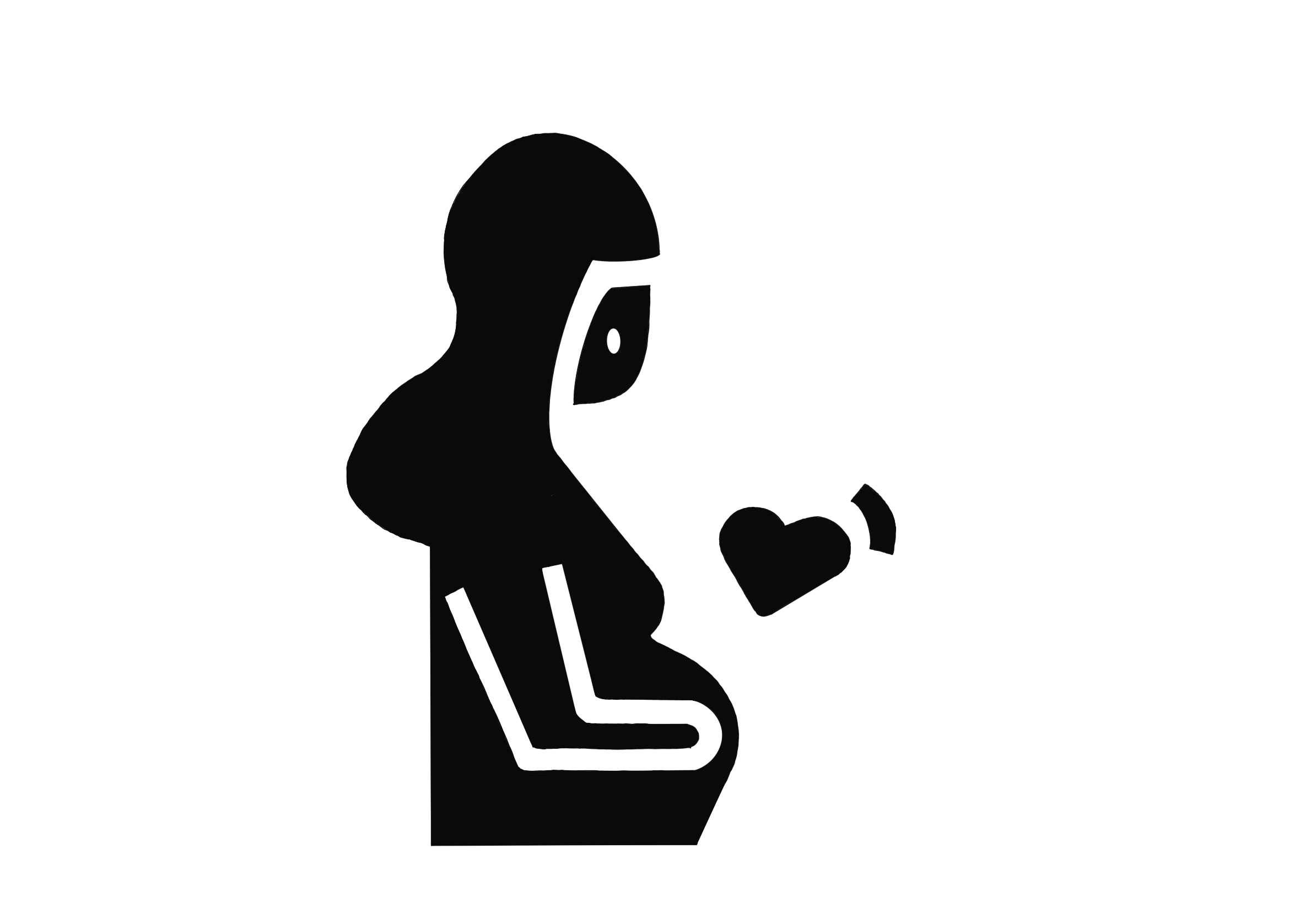

Healthy Pregnancy Diet and Nutrition You MUST Know!
The gestational period stands as a pivotal phase for the healthy development of a baby, where good diet and nutrition become an indispensable part of ensuring maternal and infant well-being. Pregnancy is an exciting process, yet it entails a significant responsibility for the health of both the mother and the fetus. The dietary intake and nutrition of pregnant women play an extremely vital role in this process.
Different pregnancy stages have different dietary requirements; finding the right emphasis leads to better baby development.
Initial stage
During the initial stage, folic acid supplementation is crucial. At this early stage, the baby has yet to take form and is in the phase of embryo division. Timely folic acid supplementation is essential to prevent neural tube defects. Expectant mothers often need extra folic acid, usually obtained from vitamin supplements. Food sources of folic acid include dark green vegetables, citrus fruits, legumes, and whole-grain foods. Folic acid helps prevent developmental issues. Besides taking folic acid supplements, pregnant women can consume spinach, tomatoes, carrots, and other vegetables to supplement their folic acid intake.
Mid-stage
For the mid-stage, diversifying nutritional intake is essential as the baby gradually takes shape. Consuming a variety of foods, including vegetables, fruits, meat, dairy, and eggs, is crucial. Introducing around twelve different food types in a day enriches the baby’s nutrition.
Late stage
In the late stage, monitoring weight is crucial. During this period, the baby’s basic development is in place, and rapid weight gain is observed. Eating more can lead to increased body fat in the baby, potentially causing macrosomia and birthing difficulties. As the mother’s digestion decreases in the late stage, overeating can result in stomach discomfort. It’s recommended for expectant mothers to eat smaller meals more frequently, maintaining a level of around 5-6 out of 10 fullness, consuming five to six small meals per day. This approach not only supplements nutrition but also prevents gastrointestinal problems due to hunger while avoiding excessive weight gain for both mother and baby. Moderate weight control during pregnancy is crucial. Expectant mothers should neither excessively gain weight, potentially leading to gestational diabetes, hypertension, and other health issues, nor should they restrict food intake to ensure adequate nutrition.
Overall
Furthermore, iron, calcium, vitamin D, and protein intake are important. During pregnancy, blood volume increases, necessitating adequate iron intake to prevent anemia. Iron sources include red meat, poultry, fish, legumes, whole-grain foods, and leafy green vegetables. While pregnant women typically need additional iron supplements, they should be used under a doctor’s guidance. Calcium and vitamin D are crucial for fetal bone development. Calcium can be found in dairy, fish, legumes, and nuts, while vitamin D can be acquired through proper sunlight exposure and specific foods. Pregnant women may need extra calcium and vitamin D supplements. Protein is necessary for fetal growth and development. Expectant mothers should consume adequate protein, including from meats, fish, poultry, legumes, nuts, and dairy products, aiding in building the fetus’s tissues and organs.
In conclusion, maintaining a balanced diet and ensuring an adequate intake of nutrients, including prenatal vitamins and minerals, is not only crucial for the well-being of expectant mothers but also paramount for the smooth development of the new life. In this extraordinary journey, each morsel of food carries the anticipation for the healthy growth of your baby. By thoughtfully combining foods, you are not only providing ample nourishment for your baby but also laying a robust foundation for the overall happiness of your family. Therefore, in the days to come, let nutrition become a shared concern, savoring the beauty of pregnancy together. Whether it’s a simple home-cooked meal or an intricately prepared dinner, each is an expression of love and care.
Related posts:
- You Must Know The Reason Important of Physical Preparation For Pregnancy. Embark on a transformative journey into parenthood with our blog! Uncover the 8 essential physical preparations for a blissful pregnancy. Elevate your understanding and embrace the joy of expecting. Dive...
- Consequences If You Didn’t Know Importance of Physical Preparation… Neglecting the groundwork for the body might lead to a cascade of consequences that cannot be ignored. Let's delve into why physiological preparation plays such a pivotal role in embracing...
- Why “Psychological Preparation” is important for Pregnancy?? The arrival of a baby is a miraculous event in one’s life, and the emotional preparation before and after pregnancy is the key to embarking on this marvelous journey. From...
- Life’s Transformative Journey For Pregnancy : Embracing the Arrival of Your Baby and Navigating Shifts in Time, Energy, and Emotions Having a child is a significant life change that profoundly affects marital relationships and family life. Understanding and accepting these changes are of utmost importance. Whether it's welcoming the first...
